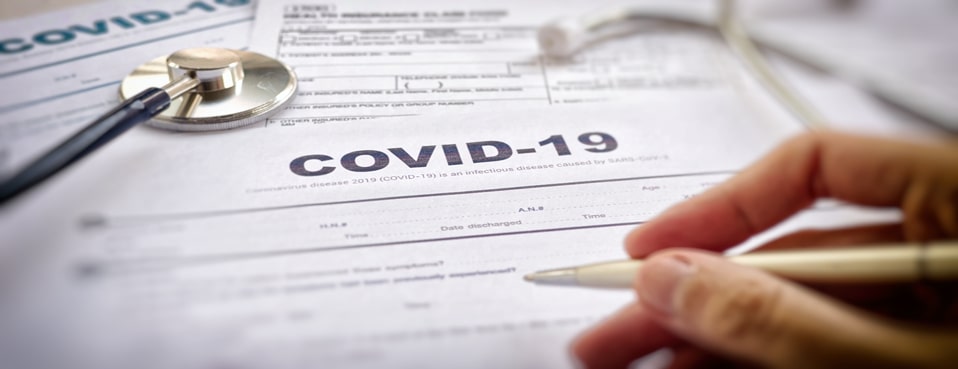Things are not easy if you are a tax pro going up against the DIY culture. In 2017, more than 100 million tax returns were filed using H&R Block alone, the company reports, and features like drag and drop importing and bank-level encryption technology make going it alone look pretty darn tempting.
But don’t fret! Hiring a pro has loads of advantages over doing it yourself—and as a tax prep pro, you need to be armed with the facts when it matters so you can convince would-be DIYers to stick with you. Here are top arguments to convince tax payers to come knocking on your door.
- Taxes are complicated. Sure, there may be a single filer out there with one W-2 and a 1099-INT, but for most filers, there are a handful of forms to fill out, oodles of exemptions to consider, and yearly changes to tax code that no reasonable private individual can keep up with. To stay legal and get the best refund, filers need pros.
- There are legal ramifications. Flub a filing and a taxpayer could be looking at amended returns, penalties, or worse. Self-service tax prepping does not automatically cover a filer if errors are made. “If you make an error, or are missing information on items you should have claimed or deducted, the responsibility falls on you to find out how to correct and resubmit the necessary information,” notes one accountant. “The reality is that most taxpayers are only mildly aware of how tax changes affect their particular circumstances.” What’s more, as CPA Practice Advisor puts it, “A tax program in a box cannot represent you in an audit.”
- Write-offs are easy to overlook. This is especially true for the self-employed or small business owners, who can deduct everything from mileage to home improvement projects—that is, if they know how, notes U.S. News & World Reports. The value of snagging deductions or qualifying for exemptions could easily surpass the cost of professional preparation.
- Time. Sure, the do-it-at-home preparer could spend a few evenings compiling everything, then double-checking their work and then doing the actual filing. According to the IRS, the average taxpayer spends 13 hours preparing their tax return, but it can take far longer for those with complex returns. To save, what—$200? $300? Simple math shows that the DIY tax preparer is earning less than a minimum wage.
- Point toward the future. By analyzing a return thoroughly, a tax pro does not just handle last year’s paperwork, they can also point out steps to take this year and in following years which taxpayers can use to minimize their taxes due and maximize their refund. That could be a change in deductions, a key capital purchase, or the recommendation of deferred expenses.
Yeah, times are tough for professional tax preparers, and advanced web interfaces and advances in software mean they will only get harder in the future. That said, there are plenty of fantastic arguments a tax pro can use against DIYers, from time savings to actual money savings to peace of mind.



